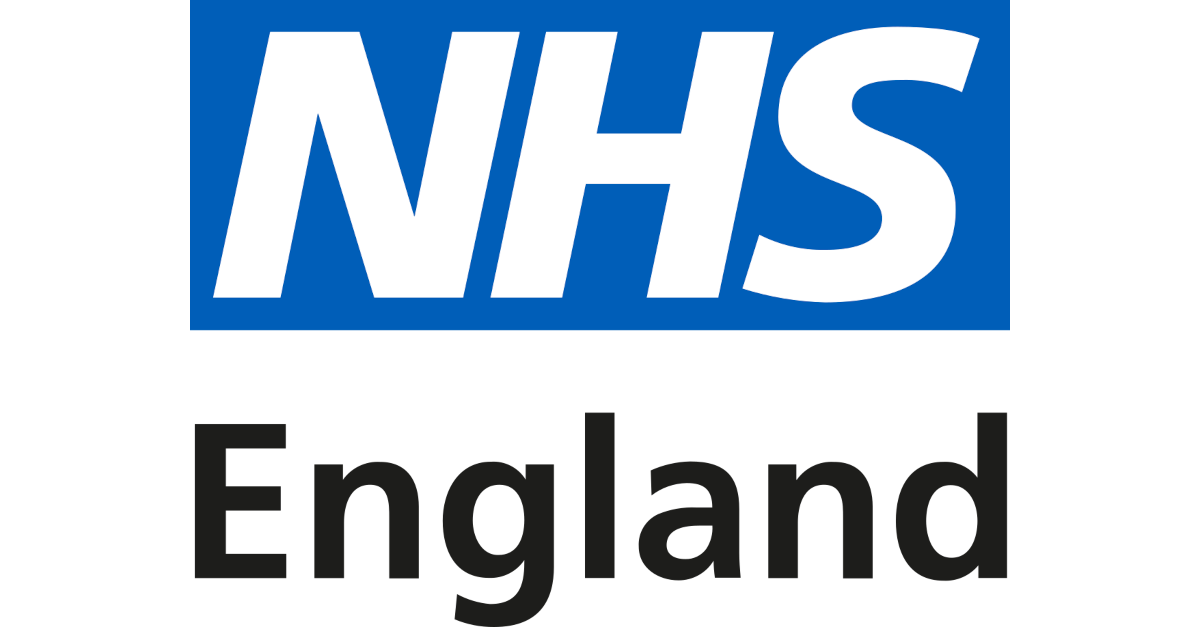NHS patients with an aggressive form of blood cancer are to benefit from a life-extending daily tablet after the health service became Europe’s first to routinely commission the treatment.
The new targeted treatment, quizartinib, can now be prescribed to newly-diagnosed patients with a specific type of leukaemia, boosting their chance of remission and long-term survival.
The treatment will be routinely commissioned and immediately available from today thanks to NHS England’s Cancer Drugs Fund, which fast-tracks new innovative cancer treatments into standard care.
Acute myeloid leukaemia (AML) aggressively interferes with blood production, leaving the body open to often fatal infections but, with effective treatment, patients can go into remission and in some cases be cured.
Around 3,100 people are diagnosed with this type of cancer in the UK annually, with just over a quarter (27%) of those having the FLT3-ITD genetic mutation and therefore able to receive the new treatment.
The once-a-day tablet will be offered to adults as part of initial treatment alongside chemotherapy, and then for a further 3 years as a maintenance treatment to reduce the likelihood of cancer relapses.
If a patient’s condition has improved enough because of quizartinib and chemotherapy, eligible patients can then be offered stem cell transplants, which can increase the chance of being cured.
For patients not deemed suitable for stem cell transplants, the drug can still be life-extending, enabling them to have more time with their families and loved ones.
The UK’s medicines regulator, the Medicines and Healthcare products Regulatory Agency, determined the safety and effectiveness of the drug earlier this year, noting that patients receiving quizartinib had a median overall survival of 31.9 months compared to 15.1 months for those receiving the placebo. The median survival rate marks the point at which half of patients had survived in trials.
AML with the FLT3-ITD mutation develops due to uncontrollable cell growth within the bone marrow. Quizartinib is an inhibitor drug which specifically targets and restricts the enzyme responsible for this.
Today’s positive decision follows the manufacturer, Daiichi Sankyo, offering a fair price for the treatment that the National Institute for Health and Care Excellence (NICE) determined to be cost-effective and could therefore recommend its use on the NHS in England.
Professor Peter Johnson, NHS National Clinical Director for Cancer, said: “It’s very good news that patients with this type of leukaemia now have an option that helps their chemotherapy to work better, boosting their chance of remission and long-term survival and offering them precious extra time with their families and friends. People who have acute myeloid leukaemia and the specific FLT-3 ITD abnormality will be able to take this oral treatment, quizartinib, which the NHS has fast-tracked.
“The NHS in England has enviable track record of making innovative treatments available and this is the latest in a long list of new cancer drugs to help people to live with and beyond cancer, making life-changing differences to people affected by cancer and their families across the country”.
Anna Mamwell, a 48-year-old from Lincolnshire, who is currently in remission from acute myeloid leukaemia, said: “You can’t underestimate the psychological impact of receiving a life-changing blood cancer diagnosis, particularly a hard-to-treat blood cancer like acute myeloid leukaemia.
“In a moment, the ability to plan for the future is taken away from you, and you have to face up to your own mortality and even when you’re in remission you live in fear of the cancer coming back. This new drug is massive news because not only does it give people a potential new road to recovery, it gives people hope and, in those moments, that means everything”.
Helen Knight, Director of Medicines Evaluation at NICE, said: “This is a rare and aggressive form of blood cancer with few treatment options. Patients tell us that existing treatments can be very gruelling and that more options would be welcome.
“Clinical evidence found patients taking quizartinib had an average overall survival of almost 32 months compared to just over 15 months for those receiving the placebo, and our independent committee found it to be a cost-effective treatment.
“Our focus is to the ensure the best care for people with this aggressive form of cancer while offering value for money to the taxpayer. I am therefore delighted we can recommend it for use on the NHS as a further treatment option that could give people more precious time with their loved ones”.
Haran Maheson, Head of UK Oncology and Vice President, Daiichi Sankyo UK, said: “We are proud to have worked with NICE and NHS England so that patients with newly diagnosed FLT3-ITD positive AML can now receive a selective targeted therapy for their disease for the first time. Quizartinib with chemotherapy has been shown to have an improvement in median overall survival of 16.8 months compared to chemotherapy alone in a recent clinical study”.
Dr Rubina Ahmed, Director of Research, Policy and Services at Blood Cancer UK, said: “It’s a positive step that the drug quizartinib is now available for people with this specific form of blood cancer on the NHS in England.
“For those with acute myeloid leukaemia with the FLT3-ITD mutation, the latest research shows the drug gives people a better chance of their cancer going into remission and can extend people’s life. It also offers the option of being used after a stem cell transplant, unlike current treatments.
“However, the chances of survival from acute myeloid leukaemia across the UK remains poor and this drug cannot be used for everyone with the condition, so we must ensure that no stone is left unturned in the hunt for new treatments”.



